Introduction: The Role of UNIDO in AI Advancement
The United Nations Industrial Development Organization (UNIDO) has consistently championed the cause of inclusive and sustainable industrial development. In recent years, this mission has taken on a new dimension with the rise of Artificial Intelligence (AI), a technology with the potential to revolutionize industries worldwide. Recognizing the transformative power of AI, UNIDO has intensified its efforts to support developing countries in leveraging this technology to upgrade their productive capabilities, ensuring they are not left behind in the global industrial evolution.
A central aspect of UNIDO’s strategy involves the formulation and implementation of tailored policies that address the unique challenges and opportunities faced by developing nations. These policies are designed to foster local innovation, enhance the skills of the workforce, and create conditions conducive to the positive spillover effects of AI technologies. By doing so, UNIDO aims to empower these countries to not only adopt AI but also to actively participate in its development and application, thereby driving sustainable industrial growth.
Moreover, UNIDO’s role extends beyond policy advisory to include direct support in building the necessary infrastructure and institutional capacities. This involves facilitating access to cutting-edge technologies, providing technical training, and fostering international collaborations that can help bridge the technological divide. Through these comprehensive support measures, UNIDO aspires to create an ecosystem where AI can thrive, ultimately contributing to economic diversification, job creation, and improved living standards in developing countries.
The subsequent sections of this blog will delve deeper into the six key roles that UNIDO plays in supporting the integration of AI in developing countries’ manufacturing sectors. By examining these roles, we will gain a clearer understanding of how UNIDO’s initiatives are helping to bridge the AI divide and laying the groundwork for a more inclusive and technologically advanced global industrial landscape.
Policy Advice and Institution Building
UNIDO plays a pivotal role in providing policy advice and supporting the development of robust institutions that facilitate AI advancement in developing countries. By establishing comprehensive regulatory frameworks, UNIDO ensures that AI technologies are employed ethically and innovatively, promoting both data protection and fairness. The organization’s policy recommendations are meticulously designed to align with the unique socio-economic contexts of each country, thereby enhancing their capacity to adopt and benefit from AI.
One of the cornerstone efforts of UNIDO is to foster international collaboration. This involves facilitating technology transfer agreements that enable developing nations to access cutting-edge AI technologies and expertise from more advanced economies. By doing so, UNIDO helps bridge the technological gap, ensuring that these nations are not left behind in the AI revolution. Furthermore, UNIDO’s support extends to securing international funding for AI projects, which is crucial for resource-constrained countries aiming to develop their AI capabilities.
In addition to financial and technological support, UNIDO also emphasizes the importance of participation in global AI forums. These platforms provide developing countries with the opportunity to engage with international experts, share best practices, and stay abreast of the latest developments in AI. Participation in such forums is instrumental in shaping global AI policies that are inclusive and equitable, ensuring that the benefits of AI are distributed fairly across all nations.
Strong institutions and sound policies are fundamental to unlocking AI’s potential in developing countries. UNIDO’s efforts in policy advice and institution building are crucial in creating an enabling environment for AI innovation. By supporting the establishment of regulatory frameworks, facilitating international collaboration, and promoting active participation in global forums, UNIDO empowers developing countries to harness the transformative power of AI for sustainable development and inclusive growth.
Capacity Development and Technical Cooperation
The United Nations Industrial Development Organization (UNIDO) has been instrumental in addressing the technological and skills gap in developing countries through its comprehensive capacity development and technical cooperation initiatives. Recognizing the pivotal role of digital literacy and AI competencies in modern manufacturing, UNIDO has tailored a series of training programs to cater to various levels of the workforce.
These training programs range from basic digital skills for general laborers to advanced AI training for specialists. For instance, foundational courses in digital literacy equip workers with essential knowledge to navigate and utilize digital tools, thereby enhancing overall efficiency and productivity. Meanwhile, specialized training modules focus on advanced AI, enabling a select group of professionals to develop, manage, and innovate AI-driven manufacturing processes.
Beyond training, UNIDO extends its support through long-term technical assistance, fostering the development of robust AI technical strategies. This involves a multi-faceted approach that includes establishing AI infrastructure, formulating actionable AI strategies, and providing guidance on the effective implementation of AI projects. By doing so, UNIDO ensures that developing countries not only adopt AI technologies but also adapt them to local contexts, thereby maximizing their potential impact.
One of the key aspects of UNIDO’s initiatives is the emphasis on building local capacity. This approach is critical for sustaining AI advancements in the long run. By empowering local professionals and institutions with the necessary skills and knowledge, UNIDO helps create a self-reliant ecosystem capable of continuous innovation and growth in AI. This capacity-building strategy not only bridges the current technological divide but also positions developing countries as active participants in the global AI landscape.
In essence, UNIDO’s efforts in capacity development and technical cooperation are crucial for bridging the AI divide, ensuring that developing countries can harness the full potential of AI technologies to drive industrial growth and socio-economic development.
Sustainable Development and Global Partnerships
The United Nations Industrial Development Organization (UNIDO) plays a pivotal role in promoting sustainable development through the application of artificial intelligence (AI) in manufacturing. By integrating AI technologies, industries can adopt sustainable industrial practices that not only enhance their productivity but also minimize environmental impact. AI-driven solutions can significantly improve resource efficiency by optimizing energy consumption, reducing waste, and enhancing the precision of manufacturing processes. This, in turn, supports environmental monitoring and management, ensuring that industrial growth does not come at the expense of ecological sustainability.
UNIDO’s efforts extend beyond technological advancements, emphasizing the importance of fostering global partnerships. Collaborations between governments, industry leaders, and academia are crucial in advancing AI research and applications. These partnerships facilitate the sharing of knowledge, resources, and best practices, particularly between the global north and south. By bridging the gap between developed and developing countries, UNIDO helps ensure that AI-driven innovations benefit all nations, fostering inclusive growth and development.
A significant aspect of UNIDO’s work involves advocacy and policy integration. The organization actively works with national governments to integrate AI into their industrial policies, highlighting the potential benefits and addressing the challenges associated with AI adoption. Through awareness campaigns and capacity-building initiatives, UNIDO assists governments in prioritizing AI in their development agendas, ensuring that AI technologies are leveraged to achieve sustainable development goals. This holistic approach not only advances technological progress but also promotes economic growth, environmental sustainability, and social inclusion.
In conclusion, UNIDO’s multifaceted approach to sustainable development through AI in manufacturing underscores the critical role of global partnerships and policy advocacy. By fostering collaborations and integrating AI into industrial policies, UNIDO is paving the way for a more sustainable and equitable future, where technological advancements contribute to the well-being of all nations.
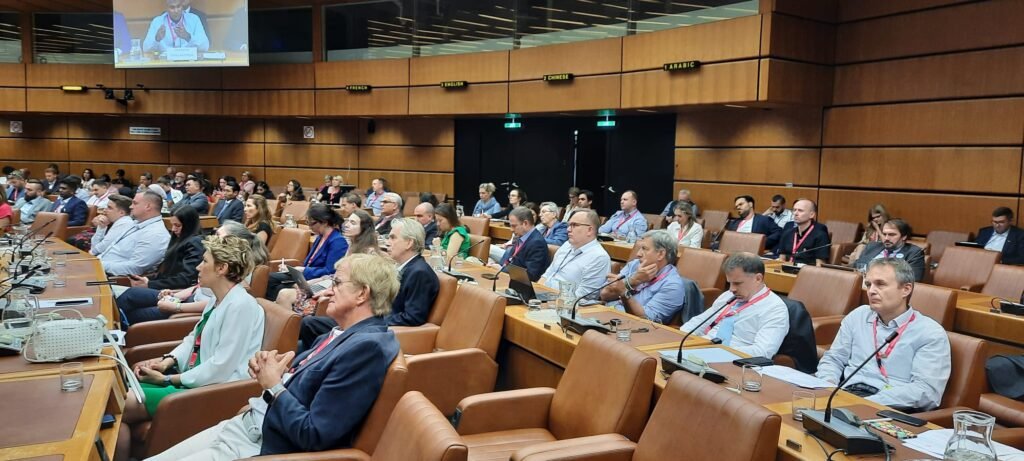


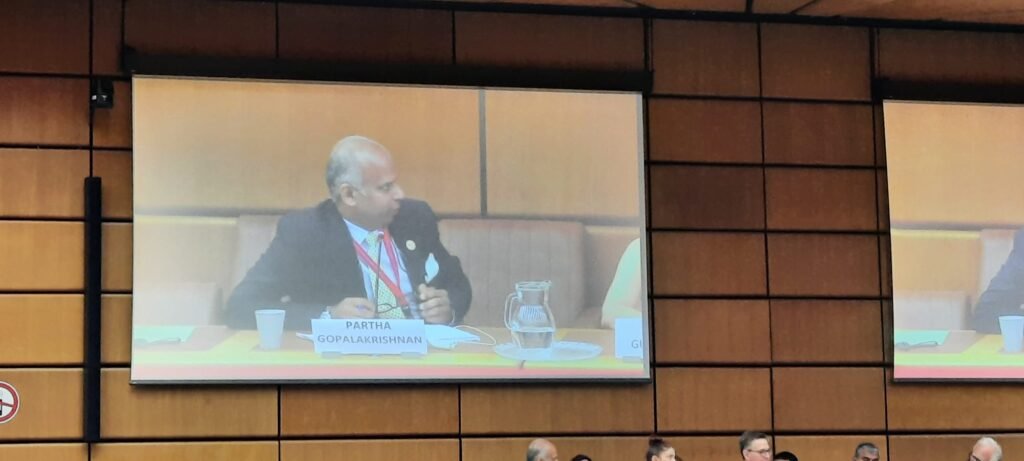
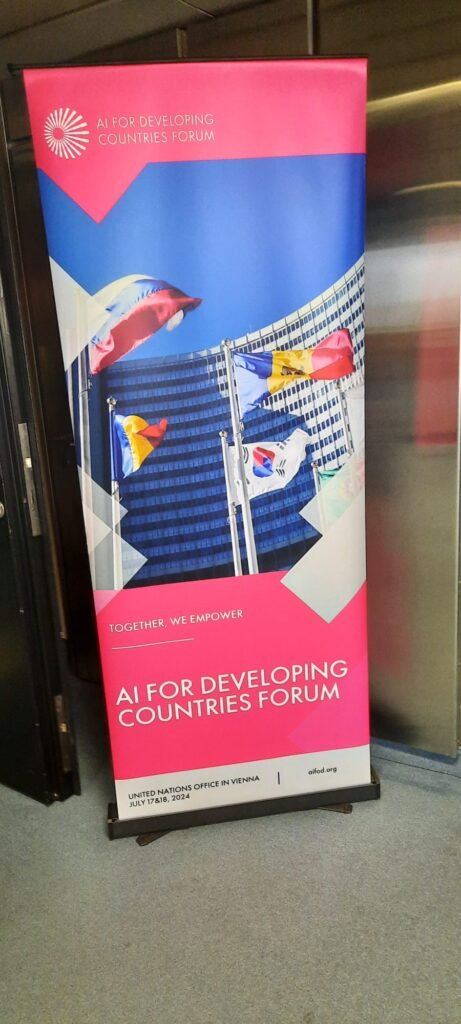
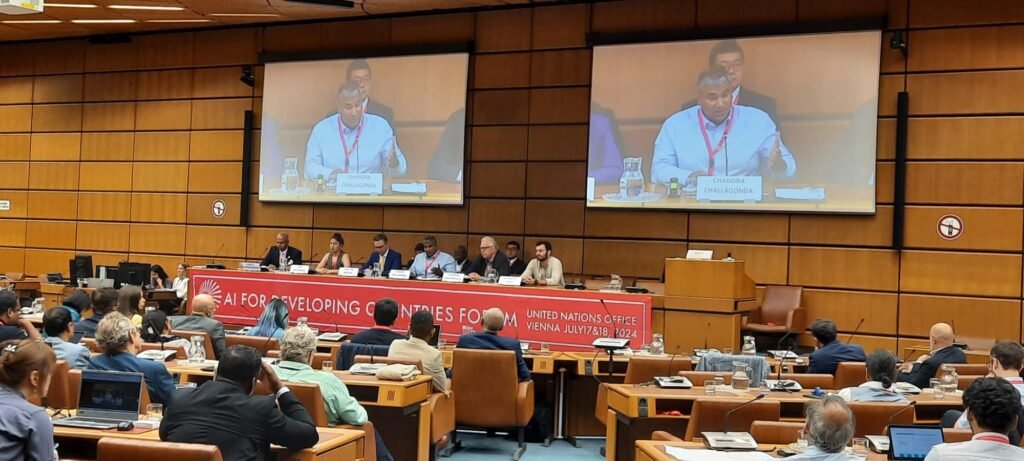
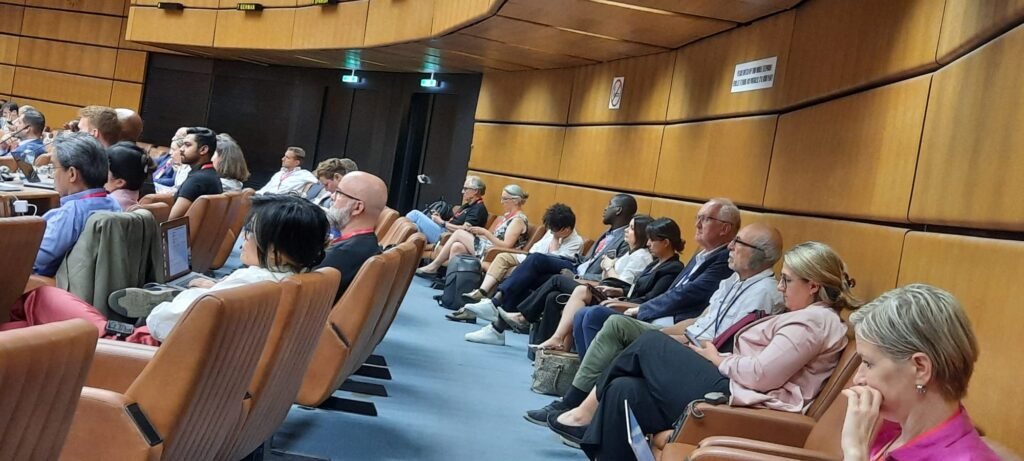

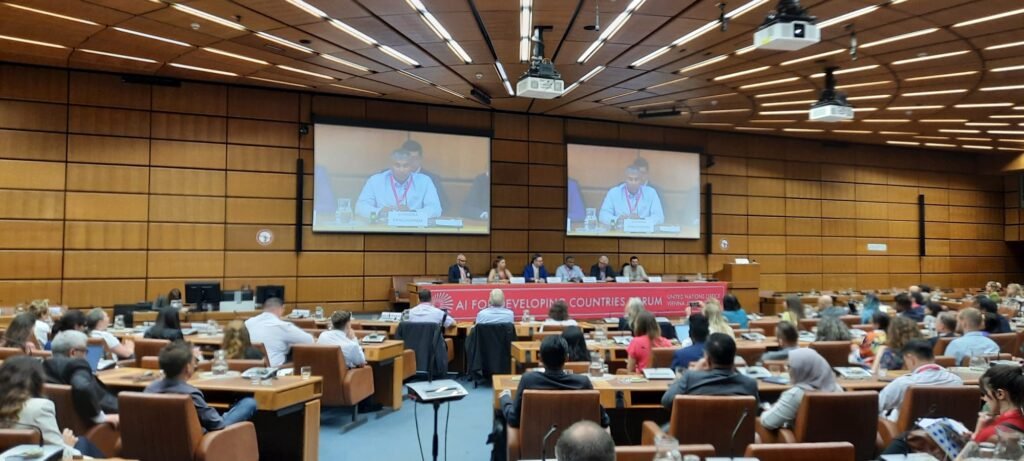
Frequently Asked Questions
I have learn a few excellent stuff here. Definitely price bookmarking for revisiting. I wonder how much attempt you place to make any such excellent informative web site.


I have been reading out a few of your articles and it’s pretty clever stuff. I will surely bookmark your blog.
very good post, i certainly love this web site, carry on it
I am now not certain the place you’re getting your information, but great topic. I must spend a while finding out more or working out more. Thanks for great info I was searching for this information for my mission.
Great website! I am loving it!! Will be back later to read some more. I am bookmarking your feeds also
Sweet site, super design, rattling clean and use pleasant.
I’ve recently started a website, the info you provide on this web site has helped me tremendously. Thanks for all of your time & work.
I am not certain the place you’re getting your information, however great topic. I needs to spend a while learning more or understanding more. Thank you for excellent info I used to be on the lookout for this information for my mission.
Thanks a bunch for sharing this with all of us you actually know what you’re talking about! Bookmarked. Please also visit my website =). We could have a link exchange agreement between us!
Good day! This is kind of off topic but I need some advice from an established blog. Is it difficult to set up your own blog? I’m not very techincal but I can figure things out pretty fast. I’m thinking about creating my own but I’m not sure where to start. Do you have any tips or suggestions? Cheers
Hello there, You have done a fantastic job. I’ll definitely digg it and personally recommend to my friends. I’m sure they’ll be benefited from this site.
I cling on to listening to the reports speak about getting boundless online grant applications so I have been looking around for the finest site to get one. Could you advise me please, where could i find some?
This blog is definitely rather handy since I’m at the moment creating an internet floral website – although I am only starting out therefore it’s really fairly small, nothing like this site. Can link to a few of the posts here as they are quite. Thanks much. Zoey Olsen
You are my intake, I own few blogs and infrequently run out from to post .
I do agree with all the ideas you’ve presented in your post. They’re really convincing and will definitely work. Still, the posts are too short for newbies. Could you please extend them a little from next time? Thanks for the post.
Good site! I really love how it is easy on my eyes and the data are well written. I’m wondering how I might be notified whenever a new post has been made. I have subscribed to your RSS which must do the trick! Have a great day!
The subsequent time I learn a blog, I hope that it doesnt disappoint me as a lot as this one. I mean, I do know it was my choice to read, however I truly thought youd have one thing interesting to say. All I hear is a bunch of whining about something that you can fix in case you werent too busy searching for attention.
Your style is so unique compared to many other people. Thank you for publishing when you have the opportunity,Guess I will just make this bookmarked.2
An impressive share, I just given this onto a colleague who was doing a little analysis on this. And he in fact bought me breakfast because I found it for him.. smile. So let me reword that: Thnx for the treat! But yeah Thnkx for spending the time to discuss this, I feel strongly about it and love reading more on this topic. If possible, as you become expertise, would you mind updating your blog with more details? It is highly helpful for me. Big thumb up for this blog post!
Real clean internet site, thanks for this post.
I got good info from your blog
Along with every little thing that appears to be building inside this particular subject material, many of your opinions are generally somewhat refreshing. However, I appologize, because I can not give credence to your whole theory, all be it exhilarating none the less. It looks to everyone that your comments are actually not completely validated and in reality you are your self not really totally confident of your assertion. In any event I did appreciate reading through it.
I have learn a few excellent stuff here. Definitely price bookmarking for revisiting. I wonder how much attempt you place to make any such excellent informative web site.